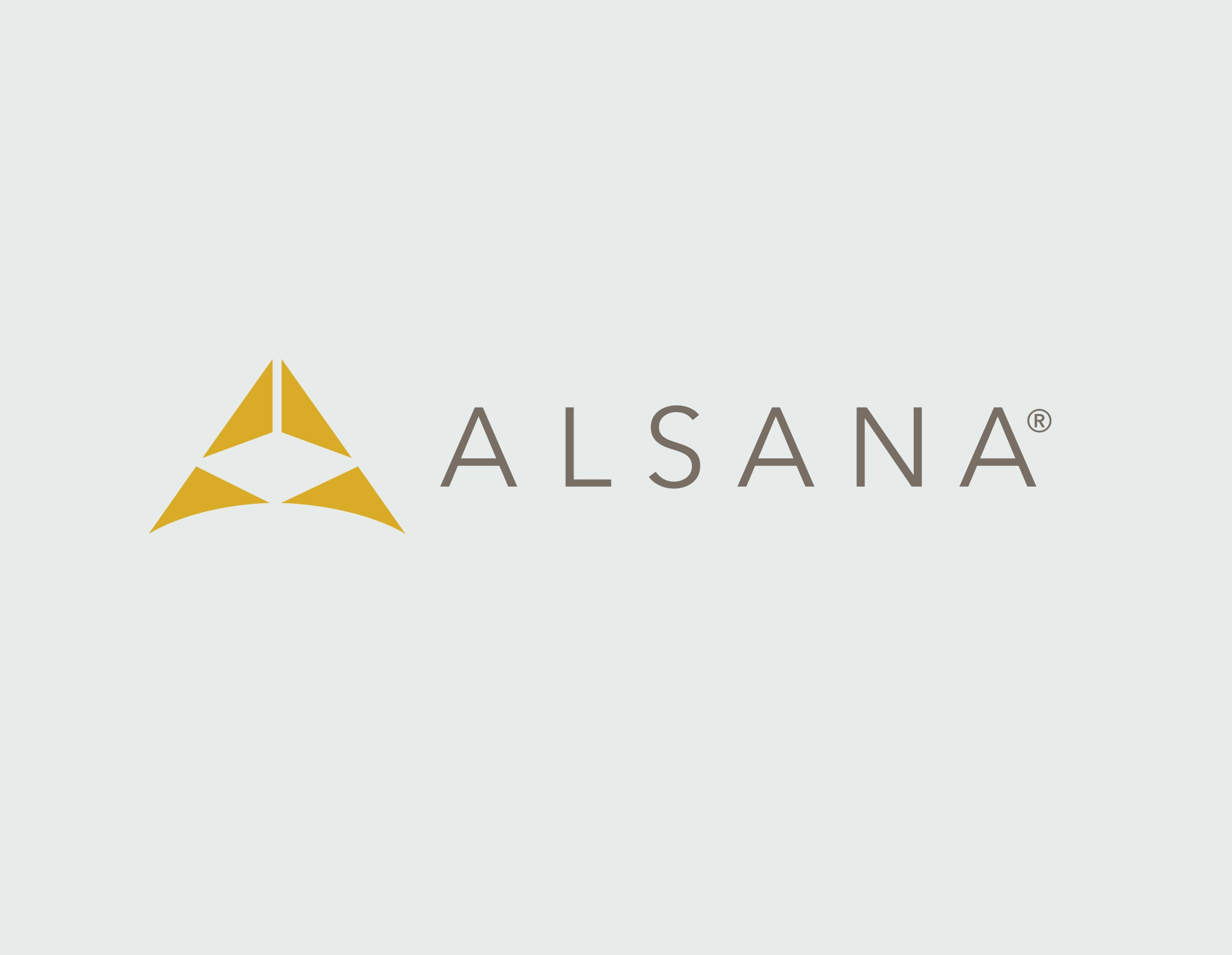TREATING CLIENTS WITH VEGAN FAMILY VALUES
Family values and eating traditions are an integral part of who we are. When you’re treating a client with an eating disorder whose family values include a vegan lifestyle, treatment can become even more complex than usual. At Alsana, we believe that full recovery on a vegan diet is possible. As part of our Adaptive Care Model, we are committed to working with the family whose values and traditions embrace a vegan lifestyle. We want to share our best practices for treating clients with vegan family values with you.
Uncovering the Motives Behind Veganism
The decision to choose a vegan lifestyle varies with the individual and can reflect different priorities, including health, weight, environmental concerns and/or ethical values. Determining the primary motivation behind a vegan lifestyle can help discern how much overlap the eating disorder may have with the vegan food choices. Recent research suggests that a vegan lifestyle can be separate from an eating disorder if the primary motivation is rooted in ethical values. With an open mind to the possibility that a person’s decision to be vegan may not be enmeshed with the eating disorder, you can help your client unpack their true motives behind their decision to follow a vegan lifestyle.
As with all our clients, we explore our vegan clients’ food beliefs as they relate to their eating disorder and to recovery. In doing so, we find that some clients’ veganism is deeply enmeshed with the eating disorder, while other clients’ vegan values and lifestyle are separate and distinct. When you’re seeing an individual in your private practice who is committed to following a vegan lifestyle separate from the eating disorder, it’s appropriate to assist them in pursuing recovery with a vegan meal plan. Our Adaptive Care model provides the framework to offer both: support for a recovery journey that needs to challenge vegan choices enmeshed within the eating disorder itself and, at the same time, support for a recovery journey that embraces a vegan meal plan as a distinct and separate value system.
Integrating the Family into Treatment
Parents and loved ones of clients who are vegan and have an eating disorder may have conflicting concerns regarding their recovery. On the one hand, they may worry that their loved one’s recovery may be hindered by their vegan lifestyle. On the other, they may worry that their loved one will have to eat in a way that is not in line with the family’s values relating to veganism. Education and involvement in their loved one’s treatment process can help ensure that the client is supported in their recovery after treatment.
At Alsana, we provide weekly family therapy sessions and weekly Zoom group family coaching sessions to provide support and education to families. As part of treatment, our Family Week Intensive invites the client’s family or loved ones to join the client and work together toward full recovery in individual and group therapy sessions. The client and family/loved ones eat meals together and meet with the dietitian. They will discuss how any eating disorder behaviors may have overlapped with vegan values and educate the family on the specific challenges connected to nutrient variety and volume necessary for continued healing.
In outpatient care, the family can still be involved in the client’s treatment. As you work with your vegan clients, educate their loved ones on the nutrition quality and quantity required to recover on a vegan meal plan and how they can be supportive. Help them understand that a vegan lifestyle can exist separately from or enmeshed with the eating disorder, and that part of your work with the client will be to tease out that relationship. In addition to traditional family work, helping a vegan client’s loved ones understand these aspects can help ensure they have a supportive recovery environment at home.
Challenging Vegan Clients and Their Families
At Alsana, we believe that our clients’ recovery depends on the ability to appropriately challenge food fears related to the eating disorder. We want to prepare them for social situations where vegan food is not provided, so every client participates in a weekly challenge adapted to their specific recovery story. These are a few examples of challenges for vegan clients and their families:
- If a client begins discovering that the eating disorder and vegan choices overlap without clear boundaries and the motivations are rooted in the disordered beliefs and behaviors, it will be appropriate to challenge them to occasionally eat vegetarian food options to prepare for these situations when a choice between restriction or recovery must be made.
- For clients who are ethical vegans and the eating disorder has roots and motivations separate from their vegan lifestyle, we help them prepare for meal challenges when vegan options are not available and a choice between restriction and recovery must be made by providing opportunities to plan and bring an appropriate amount and variety of nourishment with them.
- These same challenges can be shared with the client’s family. On many occasions, the family will want and need to participate in similar challenges to ensure that the client has a strong support system at home. This will help them to continue their recovery work when treatment has ended.
With appropriate treatment, education, and support for clients and their loved ones, we believe that clients can fully recover from the eating disorder alongside a healthy support system.
Alsana is Here to Help
If you have a vegan client with an eating disorder in need of a higher level of care, fill out a form or call our admissions team at 888.915.0213. We look forward to speaking with you and answering any questions you may have.

JOIN OUR ONLINE SUPPORT GROUP
Weekly meetings
Fridays at noon / PST

WE ARE HERE TO HELP
Alsana would like to be your eating recovery community..
Our Recommended Articles
Start the road to recovery with Alsana.





